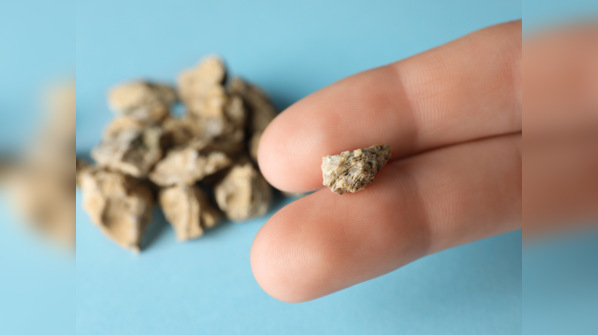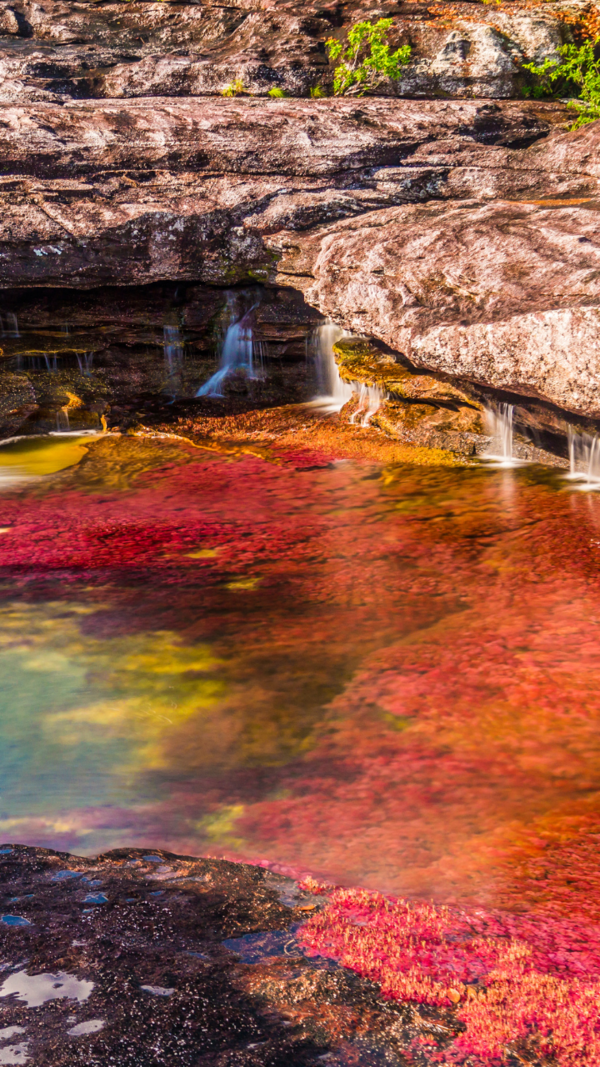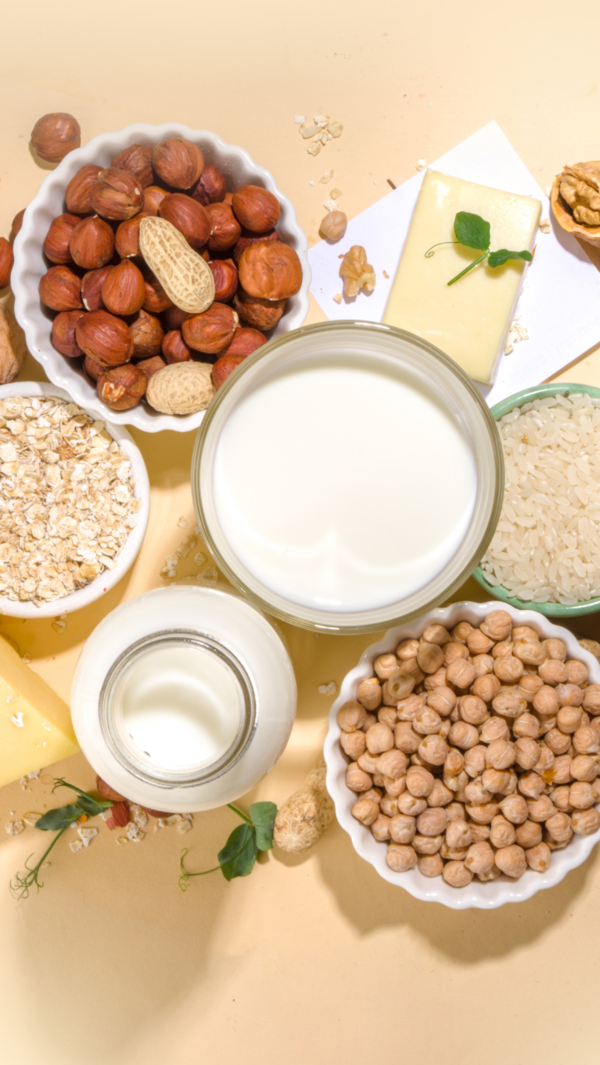- News
- lifestyle
- health-fitness
- health-news
- How do kidney stones happen? Its risk factors, and more
How do kidney stones happen? Its risk factors, and more

How do stones affect kidney functioning?
The kidneys are responsible for filtering blood and producing urine which are conveyed to the bladder through urine pipes (ureter). In case of healthy kidneys, the bladder empties intermittently. However, when a person suffers from kidney stones, this process becomes difficult and the entire body suffers. Kidney stones are hard deposits that stick together in concentrated urine causing pain. These stones are salt crystals which are formed when the salt is at a very high concentration or the solvent is less.

Biggest reason of kidney stones
Dr. Tirthankar Mohanty, Consultant Nephrologist, Manipal Hospital, Ghaziabad says, “In a country like India, the risk of kidney stones is very high due to lifestyle, genetics, and weather conditions. CA oxalate, CA phosphate, uric acid and the struvite (infection stone) are the 4 most common stones. Talking about lifestyle conditions, most people tend to drink less water even when they are constantly exposed to the extreme environment.”

Excess meat intake may pose a threat
Additionally, there are other causes of kidney stones as well. Excessive animal protein is a risk factor for ca containing and uric acid stones. High salt intake and patients with some gut disorders are also at risk of developing oxalate.

UTIs can also raise the risk of kidney stones
“At the same time, frequent UTI problems due to some bacteria may lead to infection stones. Despite sharing similar geography and food habits, many people still don’t develop kidney stones. This suggests a genetic predisposition to kidney stones in some individuals is also a major risk factor,” says Dr. Mohanty.

How to cut the risk of kidney stones?
Dietary habits and physical activity levels play a major role in reducing these risk factors. Low salt intake and drinking approximately 3 liters of water per day go a long way in keeping the urine dilute.

The takeaway
Also Read: Kidney stones vs gallbladder stones: How their symptoms can be confusing









